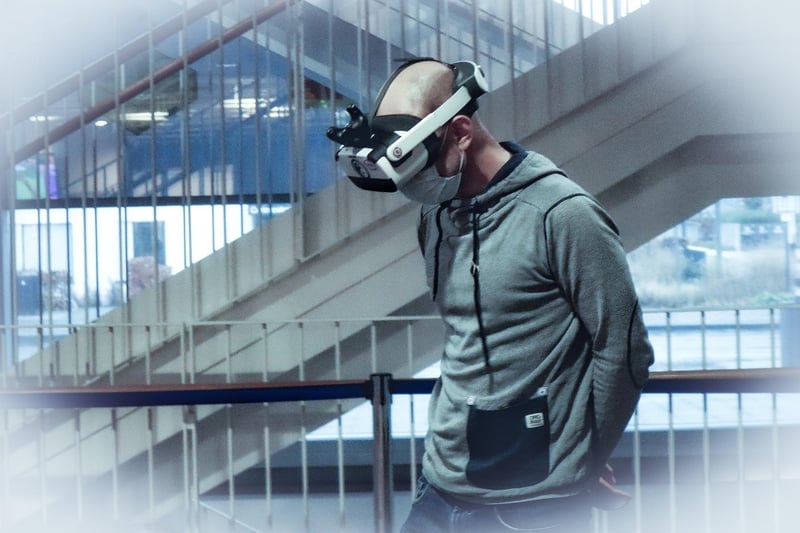Rewriting History
Interact with the Past: Rewriting History
History has always been a subject of fascination for many, offering a glimpse into the events and people that have shaped our world. However, the way we perceive history is not always fixed in stone. With the advent of technology and interactive storytelling, there are now innovative ways to engage with the past and even rewrite history in a virtual space.
Virtual Reality: A Time Machine
Imagine being able to step back in time and witness historical events firsthand. Virtual reality (VR) technology makes this possible by creating immersive digital environments that transport users to different time periods. Whether it's exploring ancient civilizations, walking through famous battles, or experiencing key moments in history, VR allows us to interact with the past in a whole new way.

Interactive Storytelling
Interactive storytelling takes history to the next level by allowing users to make choices that impact the narrative. By participating in decision-making processes within historical contexts, individuals can see how different outcomes could have changed the course of events. This not only makes learning history more engaging but also encourages critical thinking and empathy.

Rewriting History: The Ethical Dilemma
While the idea of rewriting history may sound intriguing, it also raises ethical questions. Who should have the power to alter historical events? What are the consequences of changing the past, even in a virtual setting? These are important considerations that come with the ability to manipulate historical narratives.
Conclusion
Interacting with the past and rewriting history through technology opens up new possibilities for learning and exploration. By utilizing tools like virtual reality and interactive storytelling, we can gain a deeper understanding of historical events and engage with the past in a more meaningful way. However, it is crucial to approach these innovations with care and respect for the integrity of history.
